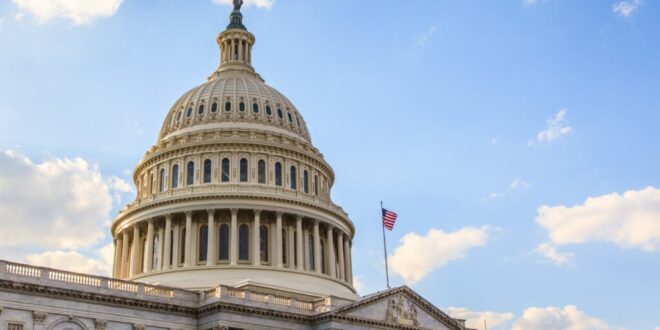Latest Developments
The U.S. House of Representatives passed a package of four national security bills on April 20. In addition to providing security funding to Israel, Ukraine, and Taiwan, the bills include bipartisan provisions targeting Iran’s oil trade, its senior leadership, and their assets. The package includes other important measures, like a bill requiring TikTok to sever ties with the Chinese Communist Party. The four bills have been consolidated into a single measure that is now being considered by the Senate.
Expert Analysis
“The congressional measures in the supplemental package aimed at Iran, imposing sanctions and taking other actions against both the regime in Tehran and its proxies for their destabilizing activities, mark a pivotal moment reminiscent of the significant sanctions imposed during the period from 2009 to 2013. These measures have the potential to reshape dynamics in the region. However, their effectiveness hinges greatly on the administration’s enforcement and strategic utilization of these tools.” — Matt Zweig, Senior Policy Director at FDD Action
“Deterring the Islamic Republic of Iran requires the credible threat of military action but also serious economic pressure. On both fronts, the Biden administration has fallen short. Thankfully, bipartisan majorities in Congress are taking meaningful steps to press the administration for greater action, particularly on sanctions enforcement. Provisions in the supplemental bill, such as the SHIP Act, target Iran’s lucrative illicit oil trade to China and are a clear sign of growing congressional opposition to a continued policy of financial appeasement.” — Nick Stewart, Senior Director of Government Relations at FDD Action
House National Security Package Targets Iran’s Illicit Oil Trade
The Islamic Republic of Iran’s oil exports recently hit a six-year high. In the first quarter of 2024, the regime exported 141.7 million barrels of oil. This marks a 28 percent increase over the same period in 2023. These increased exports continue to generate revenue for Tehran which it uses to support terror proxies and advance its destabilizing missile and nuclear programs.
Congress took new steps this week to target Iran’s lucrative oil trade. The comprehensive national security package included the bipartisan SHIP Act. The bill imposes new sanctions on entities that engage in or facilitate Iran’s illicit oil trade, specifically targeting foreign ports and refineries.
Legislation Also Targets Iran’s Support for Terror
Iran has armed and funded terrorist groups for years. Israeli Defense Minister Yoav Gallant has said that Iran provides Hamas $100 million annually and about $700 million per year to Hezbollah, in addition to numerous other terrorist groups in Iraq, Syria, Lebanon, and Yemen. These groups, like the Houthis in Yemen and Hezbollah in Lebanon, also receive advanced weapons from Tehran, including Iranian-made guided munitions.
The national security package includes several provisions to crack down on Tehran’s financial support to proxies. The Hamas International Financing Prevention Act imposes new sanctions on actors that financially support Hamas, Islamic Jihad, and other terror groups. These new sanctions also apply to foreign states that provide support to these groups. The final package passed by the House also includes the End Financing for Hamas and State Sponsors of Terrorism Act. This provision places new restrictions on Iran’s ability to benefit financially from institutions like the International Monetary Fund.
 Eurasia Press & News
Eurasia Press & News




